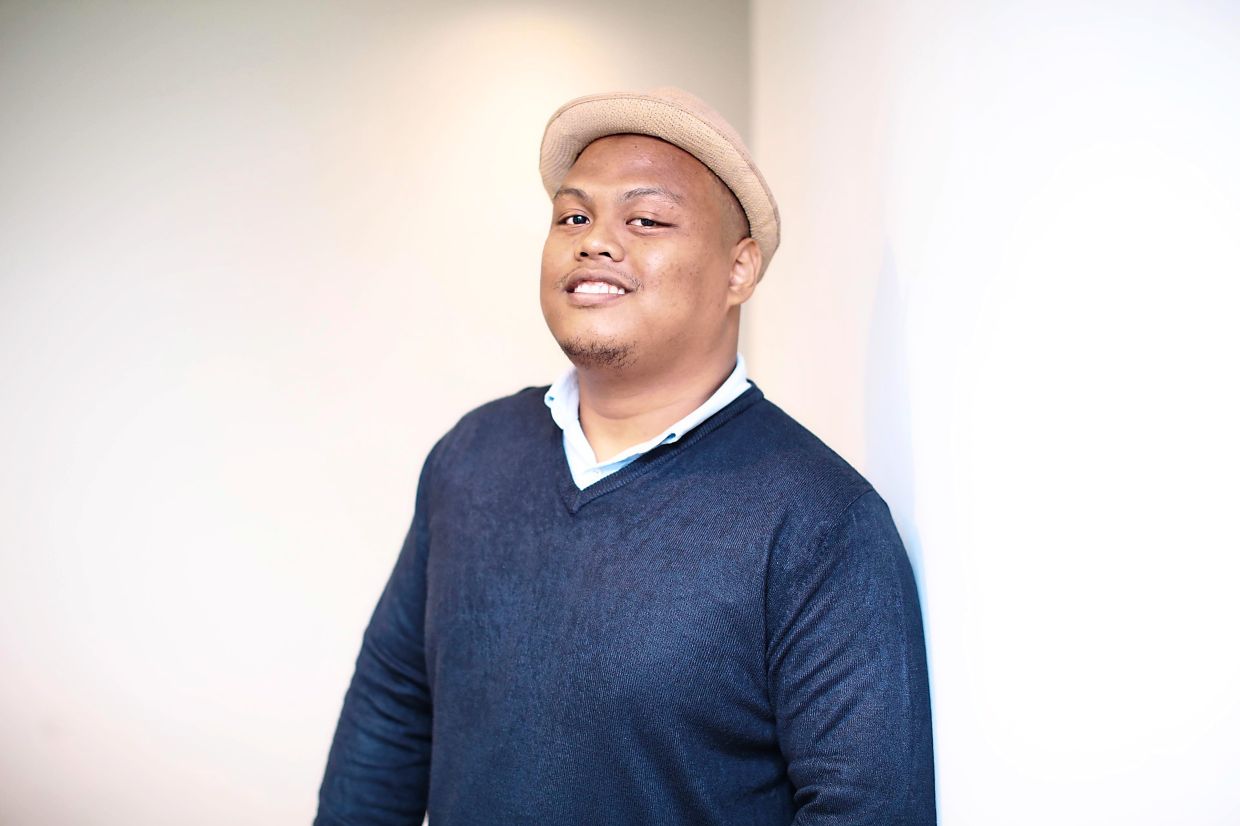FREELANCING continues to gain popularity globally as flexibility and freedom are seen as key motivators to a full-time job.
During the lockdown many turned freelancers overnight as survival was key and millions have continued to do so. Reports suggest there are over 1.5 billion freelancers in the world.
Freelancing is on the rise and according to Upwork’s recent report graphic design, video editing, illustration and 3D animation tops the list of jobs in demand this year.
It also includes jobs such as accounting, book keeping, social media marketing and web design.
There are many freelancers around, and one such person is Ashikin Halil (pic, above). She decided on freelancing after a period of unemployment that lasted for almost three years.
Ash Hadzri has been a full-time freelancer since 2018 after he was retrenched since the company he worked for got saddled with financial woes.
Both started as translators and have moved beyond translating to take on different assignments and jobs with the skills they have.
“If you have a skill, use it to the fullest to make money on your own. You just need four ‘mantras’ to be a highly-paid freelancer.
That is niche and target audience, website, marketing strategies and database,’’ said Ash.
Anyone can be a freelancer if you have the skills but getting clients may be a challenge for some.
Ash said if you are a “newbie”, work closely with agencies to gain exposure and experience to build up your portfolio.
Once you are ready and have a well-established portfolio, go explore the outside world and approach clients directly.
“Based on my experience, if you want to be a good freelancer, you need your skills, marketing skills and an aptitude towards freelancing work.
“Then you can market yourself effortlessly,” he adds.
Ashikin said to get started, social media sites such as LinkedIn, Twitter and Facebook are connecting points with potential clients.
Other freelance marketplaces websites include Upwork, Toptal, and Bark.com. All these provide a steady stream of clients and projects.
“Make sure to create a comprehensive profile, highlight your skills and services, select relevant projects and set a competitive price,’’ she said.
Networking is important to expand your network and meet potential clients, so is joining professional organisations to upkeep the skills and relevance in the field while collaborating with other freelancers, agencies, or businesses in your niche to find new clients, she adds.
To ensure timely payment for work done, it is best to secure an official agreement with the client, Ashikin said.
She said this agreement should clearly outline the payment terms, including the amount to be paid, the payment schedule, and any penalties for late payment.
A common practice is to ask for a 50% deposit upfront, with 25% to be paid upon the first settlement and the remaining 25% to be paid upon completion.
“Have an open communication with the client to ensure there is mutual understanding of the terms to avoid any misunderstandings later.
“Both parties should be held accountable for their responsibilities and obligations,” she said.
Understanding a client’s expectation is key to being able to deliver what they want. If unsure, ask the relevant questions and be honest about your skills and capabilities.
“Don’t over promise or take on more than you can handle.
“This will only lead to frustration and burnout.
“Being realistic about demands and maintaining client satisfaction is critical to securing future work as a freelancer.
“Attitude and aptitude are two important factors that can help you keep your clients happy,’’ Ashikin said.
To get jobs, you need to push yourself and even though getting disappointed initially is a given.
Staying motivated as a freelancer can also be a challenge and so is managing stress and emotions, but always look at your “creative potential’’ as that will drive you to stay motivated.
“Have a clear understanding of your ‘big why’ – the reason why you do what you do and what drives you to keep going even when things get tough,’’ Ashikin said.
Both Ash and Ashikin are “grateful’’ for their journeys in the freelancing world that has given them the much needed time and financial freedom.
Ashikin believes in continuously learning to develop new skills and even offers courses for those interested to be freelancers.
As Ash put it, “Don’t forget to learn every day as learning is a never-ending journey in our lives.’’
“As a freelancer, you are self-employed and that means whatever you earn is yours.”
But a lesson Ash learned from another experienced freelancer is that you need to save towards retirement.
“That means putting aside 10% of your income into your Employees Provident Fund every time you get paid.
“Don’t forget to contribute to Socso for future protection during working hours as there is also a scheme for gig workers,’’ he added.






